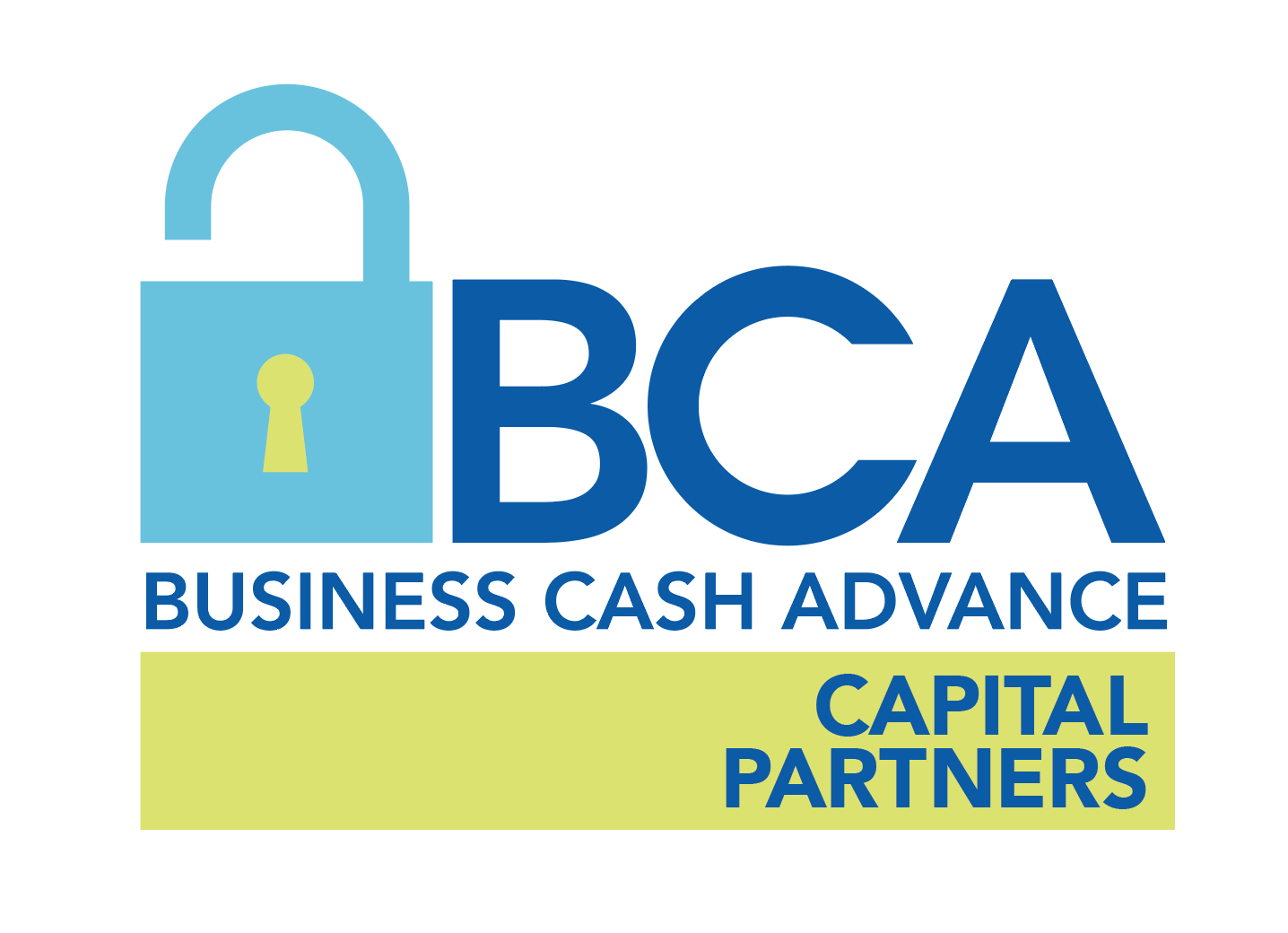The Role of CRM for Small Businesses
In the world of small businesses, forging lasting relationships with customers is crucial. Customer Relationship Management (CRM) tools play a vital role in this process, helping businesses organize, analyze, and optimize their interactions with customers. In this blog, we’ll explore the importance of CRM tools for small businesses and how they can be used to build and maintain strong customer relationships.
Why CRM Matters for Small Businesses:
Centralized Customer Data:
- CRM tools store essential customer information like contact details, purchase history, and preferences in one place. This data accessibility enables businesses to personalize interactions and offer tailored solutions.
Insightful Customer Analysis:
- By analyzing customer data, small businesses gain valuable insights into customer behavior and trends. This helps anticipate needs, identify opportunities, and tailor marketing efforts effectively.
Efficient Communication:
- CRM systems provide a unified platform for managing customer interactions across various channels. This ensures consistent messaging and enables prompt responses to inquiries.
Improved Customer Service:
- Tracking interactions with CRM tools allows businesses to address issues promptly. Timely and personalized support enhances customer satisfaction and fosters loyalty.
Streamlined Sales Management:
- CRM systems streamline the sales process by tracking leads, managing opportunities, and monitoring sales pipelines. Automation and insights optimize sales efforts and drive revenue growth.
Utilizing CRM for Stronger Customer Relationships:
Personalized Communication:
- Use CRM data to personalize communication by referencing past interactions or purchases, addressing customers by name, and tailoring marketing messages.
Segmentation and Targeting:
- Segment customers based on demographics, purchase history, or engagement levels. Target specific segments with tailored offers or content for maximum impact.
Proactive Engagement:
- Utilize CRM tools to proactively engage customers at various touchpoints. Send personalized follow-ups, product recommendations, or solicit feedback to show commitment to their needs.
Timely Follow-Ups:
- Set up automated reminders for timely follow-ups with customers. Prompt responses demonstrate their importance, whether it’s addressing a sales inquiry or support ticket.
Feedback Collection and Analysis:
- Gather customer feedback through surveys or reviews stored in the CRM system. Analyze this data to identify areas for improvement and enhance the overall customer experience.
Cross-Department Collaboration:
- Encourage collaboration by sharing customer data across departments. Sales, marketing, and customer service teams can work together on strategies to engage and satisfy customers.
CRM tools are invaluable for small businesses seeking to cultivate strong customer relationships. By following these tips and strategies, small businesses can build and maintain loyalty, satisfaction, and growth. Embrace CRM as a cornerstone of your customer-centric approach, and watch your small business flourish in the competitive market.
At BCA, we are committed to helping businesses thrive with our tailored MCA solutions. Contact us today to explore how our expertise and transparent process can empower your business with the capital it needs.
If you would like to learn more about how to apply here at BCA Capital Partners, please go to the Steps section of our website. Remember, we are always just a phone call away!



